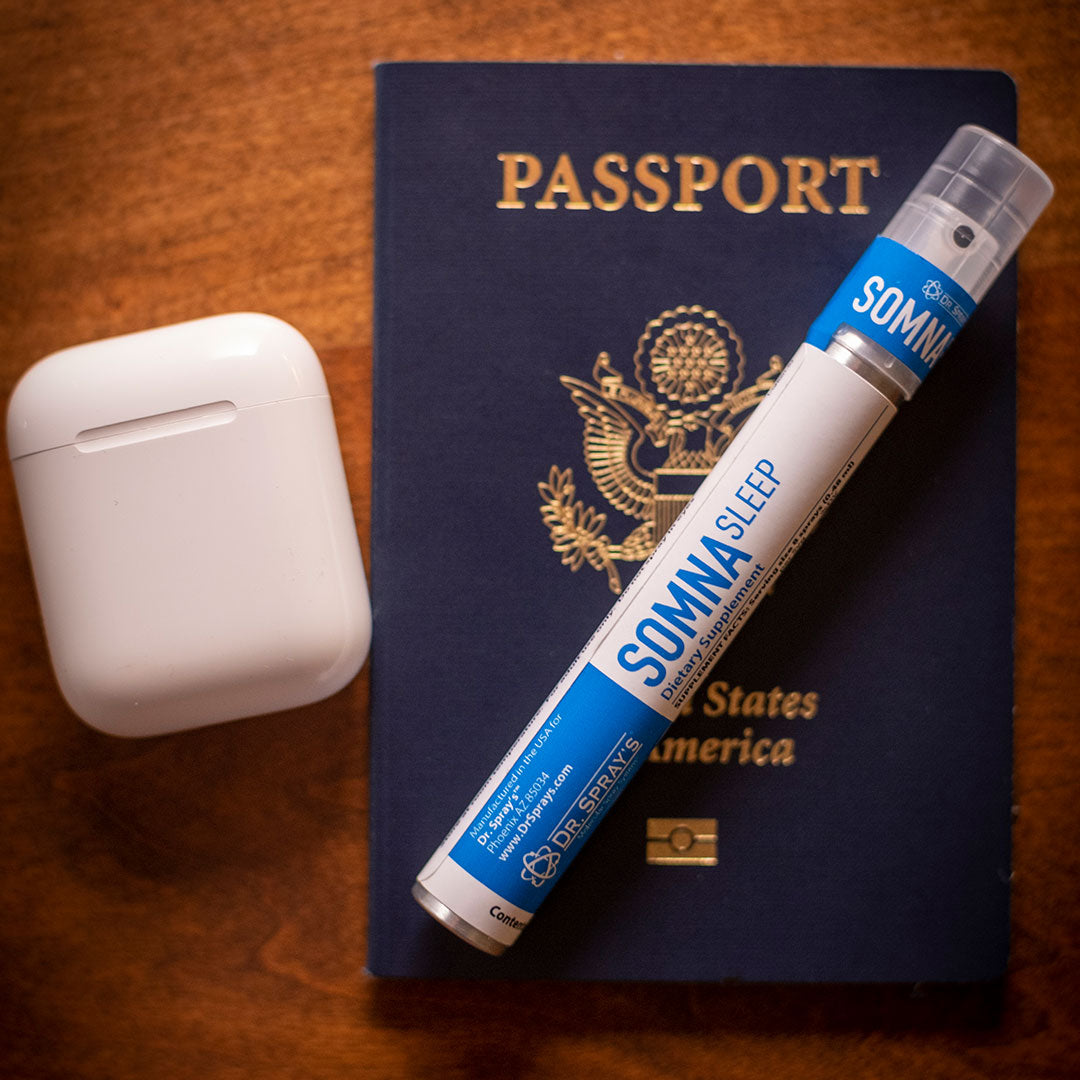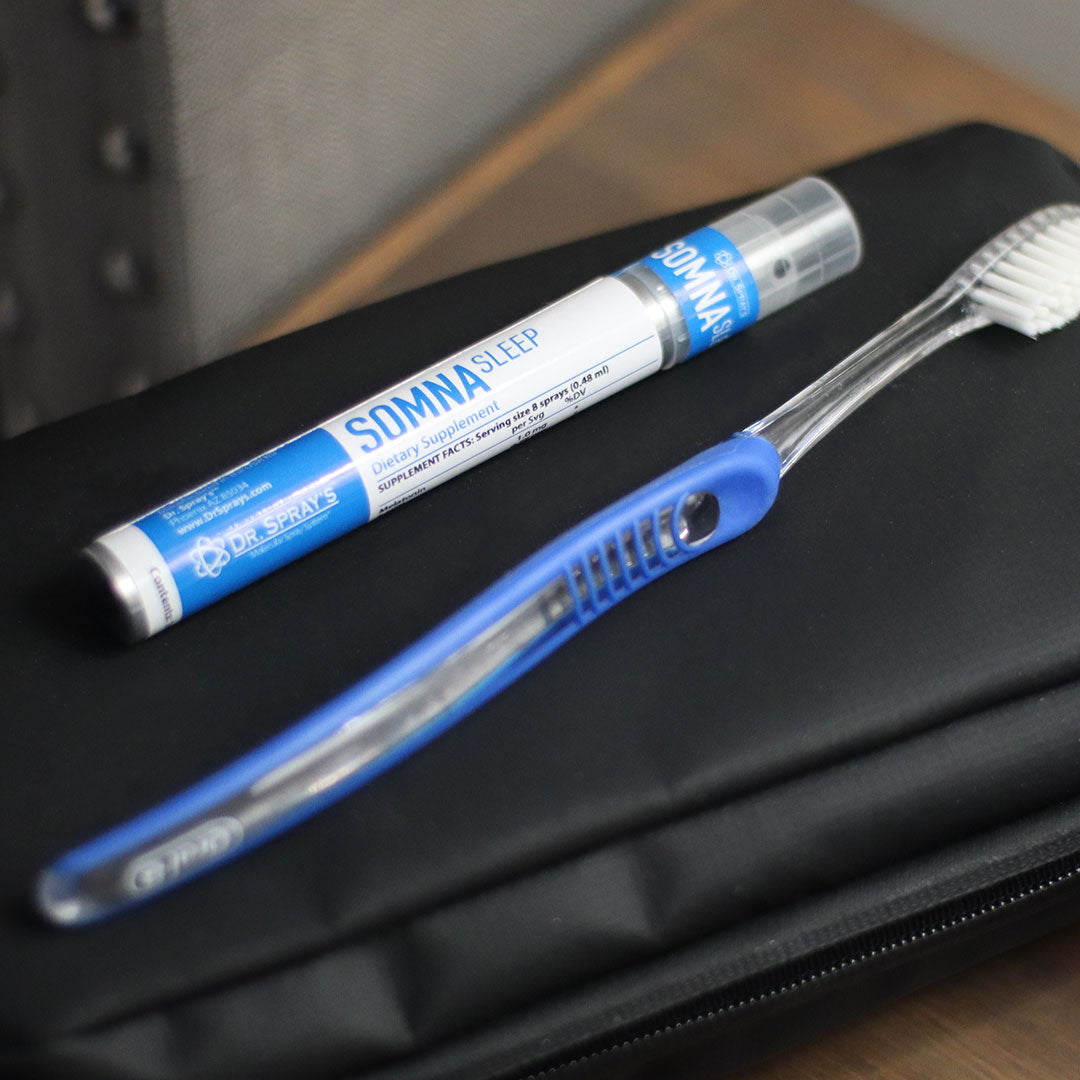How Much Do 11 Year Olds Need To Sleep?
Sleep is vital for good health and well-being throughout our lives. Getting enough sleep helps us to maintain a healthy weight, improves our moods, reduces stress, and promotes better mental and physical health. So, how much sleep do 11 year olds need?
Most 11 year olds need around 9-11 hours of sleep each night in order to be well rested and function at their best during the day. This may vary depending on the individual, however, and some 11 year olds may need more or less sleep than others. If your child is not getting enough sleep, you may notice that they are cranky, have trouble concentrating, or are getting sick more often.
There are a few things you can do to help your child get enough sleep. Make sure their bedroom is dark and quiet, and free from electronics. Establish a bedtime routine that includes winding down for 30 minutes before sleep. And limit caffeine consumption - especially after lunchtime.
By following these tips, you can help your child get the restful sleep they need to grow and thrive.
- Setting a regular bedtime and waking time.
- Encouraging a relaxing bedtime routine.
- Limiting screen time before bed.
- Creating a sleep-friendly environment in your child's bedroom.
If you're concerned about your child's sleep habits, talk to your child's doctor. He or she can help you determine if your child is getting enough sleep and offer tips on how to improve your child's sleep habits.
So, how much sleep do 11 year olds need? The answer is: it
depends. The National Sleep Foundation recommend that 11-year-olds
get between 10 and 11 hours of sleep a night. However, some
children may need more, or less, depending on how their bodies
work and how much exercise they get during the day.
If your 11-year-old isn't getting enough sleep, there are a few
things you can do to help them. Make sure they have a comfortable
place to sleep and that their bedroom is dark, quiet, and cool.
You can also create a bedtime routine that includes winding down
for 30 minutes before sleep. This can involve reading or taking a
bath. Finally, make sure electronics are turned off at least 30
minutes before bedtime.










